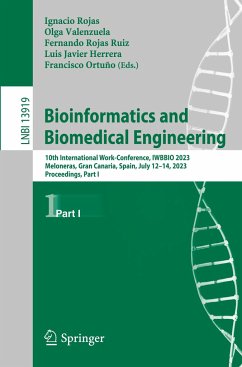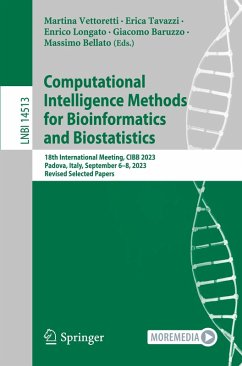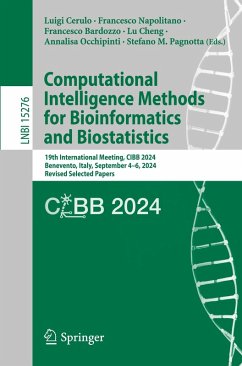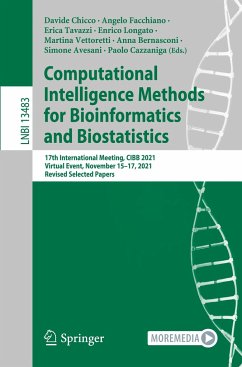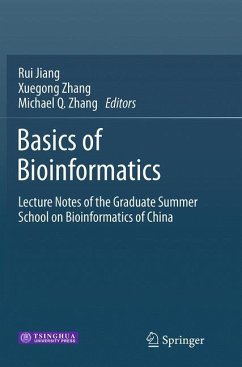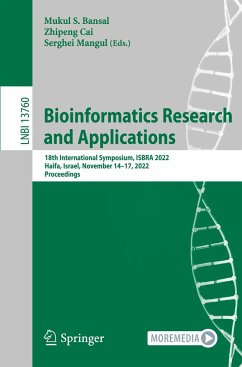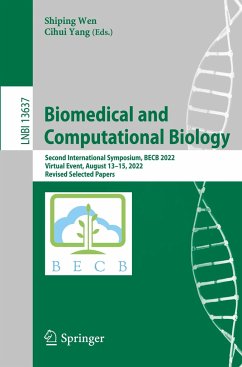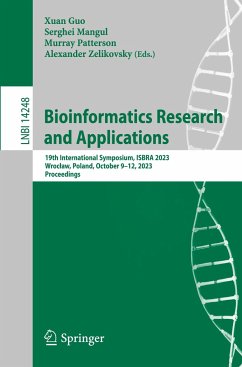
Translational Bioinformatics and Its Application
Versandkostenfrei!
Versandfertig in 6-10 Tagen
129,99 €
inkl. MwSt.

PAYBACK Punkte
65 °P sammeln!
This book offers a detailed overview of translational bioinformatics together with real-case applications. Translational bioinformatics integrates the areas of basic bioinformatics, clinical informatics, statistical genetics and informatics in order to further our understanding of the molecular basis of diseases. By analyzing voluminous amounts of molecular and clinical data, it also provides clinical information, which can then be applied. Filling the gap between clinic research and informatics, the book is a valuable resource for human geneticists, clinicians, health educators and policy mak...
This book offers a detailed overview of translational bioinformatics together with real-case applications. Translational bioinformatics integrates the areas of basic bioinformatics, clinical informatics, statistical genetics and informatics in order to further our understanding of the molecular basis of diseases. By analyzing voluminous amounts of molecular and clinical data, it also provides clinical information, which can then be applied. Filling the gap between clinic research and informatics, the book is a valuable resource for human geneticists, clinicians, health educators and policy makers, as well as graduate students majoring in biology, biostatistics, and bioinformatics.



